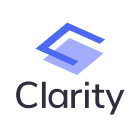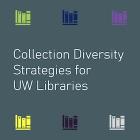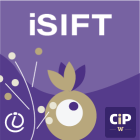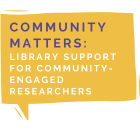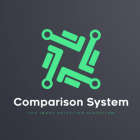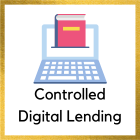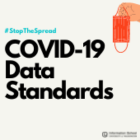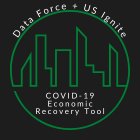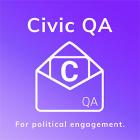
Civic QA: A platform for constituent inquiry management
Washington State legislative assistants are overwhelmed by constituent inquiries and face challenges responding in a timely and thorough manner. Through extensive user research and competitive analysis, Civic QA has built an efficient and comprehensive third-party communication tool to manage constituent relations. We leverage machine learning to effectively categorize correspondence and help legislative assistants quickly respond to pressing issues, while enabling staff to track constituent engagement over time. By supplying engagement reports, daily trends, and filtered topics, staff have greater insight into the needs of constituents to drive better policy responses.

